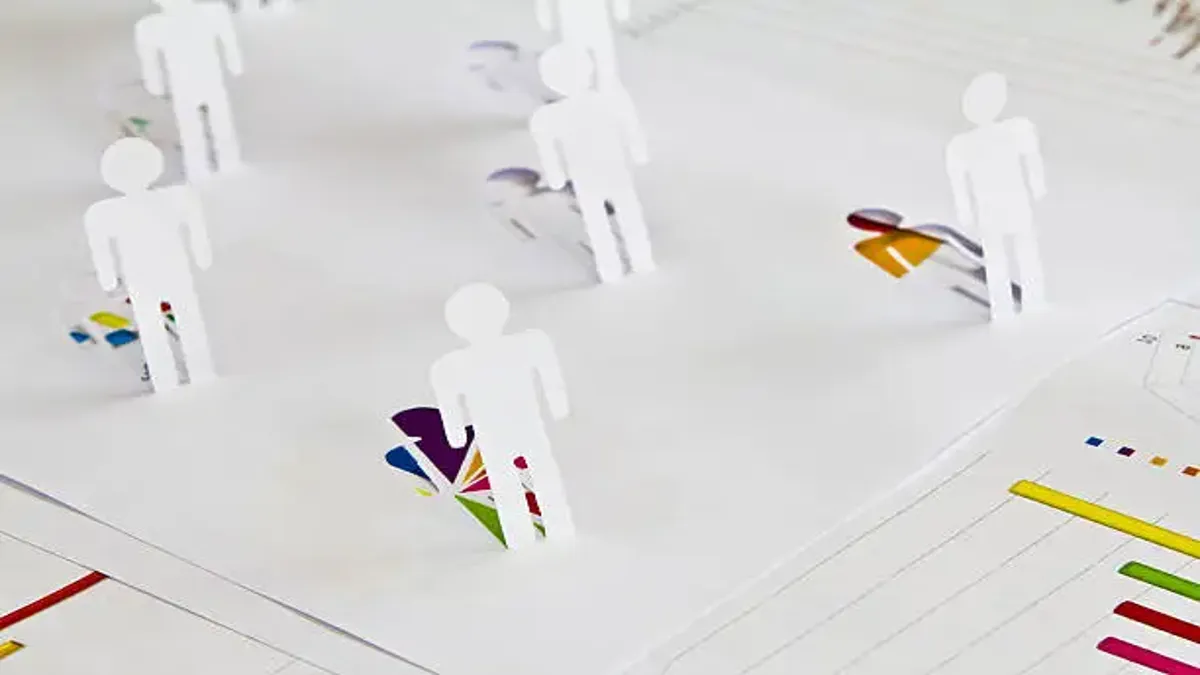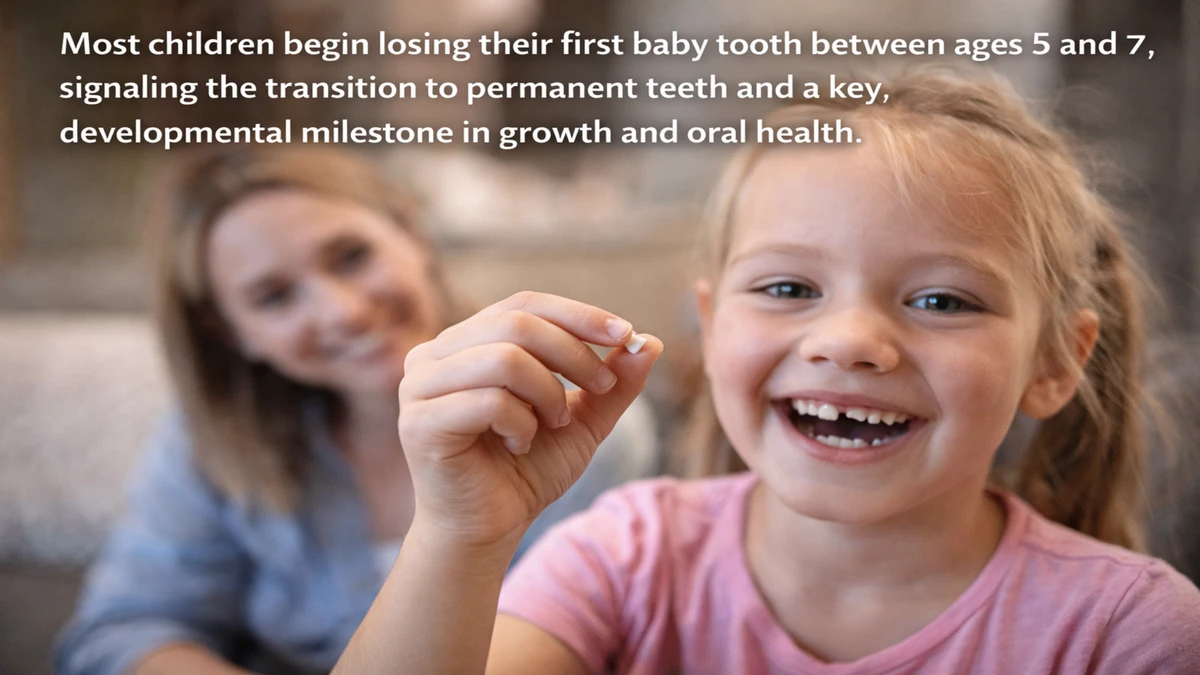Across immigrant neighborhoods, advocacy networks, and online community spaces, one phrase has steadily gained momentum: People Over Papers. In the first hundred words, the central question emerges with urgency — what exactly is People Over Papers, why has it spread so quickly, and what does it offer to communities navigating the threats of immigration enforcement? At its simplest, People Over Papers is a grassroots, volunteer-driven digital map that collects and shares crowdsourced reports of suspected immigration-enforcement sightings across the United States. But beneath that simple explanation lies an intricate ecosystem of community trust, digital activism, collective vigilance, and the emotional weight of living with uncertainty.
For undocumented individuals, mixed-status families, or allies working in immigrant-rights spaces, People Over Papers serves as both an alert mechanism and a symbolic statement: a way to assert humanity in a system where status often dictates vulnerability. Born out of necessity, the project emerged first as a shared spreadsheet passed among creators who posted immigrant advocacy videos. As real-time reports surged, it evolved into a more structured but still volunteer-powered system — one that maps vehicles, uniforms, and suspected enforcement patterns submitted by thousands of anonymous users.
Yet the platform raises complex questions: Can a crowdsourced map remain responsible and accurate without institutional oversight? What risks do contributors face? Does such a digital tool alleviate fear or unintentionally heighten it? And what does its rapid growth reveal about modern social movements in a time of surveillance, platform fragility, and shifting public trust?
This long-form report traces the origins, tension points, and societal meaning of People Over Papers, revealing a movement that exists in the space between fear and resilience — a community’s determination to look out for one another in the shadows of enforcement.
How People Over Papers Emerged
The project began with two Latina creators who were inundated with messages from community members about possible immigration-enforcement activity. Their advocacy content made them visible figures in immigrant-rights spaces, and followers increasingly turned to them to share warnings. Initially, the pair collected tips manually and organized them into a public spreadsheet.
As submissions multiplied across different cities and states, the limitations of spreadsheets became clear. The organizers and collaborators transitioned to a digital bulletin-board style map, where community members could submit locations, descriptions, and timestamps. Submissions poured in faster than expected. Views climbed into the millions, and a loosely connected team of volunteers began moderating content, cross-checking submissions, and establishing verification standards such as metadata reviews and reverse-image analysis.
This informal network operated without hierarchy or institutional identity, relying primarily on shared purpose and collective responsibility. The project’s name — People Over Papers — reflected both its mission and its ethos: prioritizing human beings over documents, status, or bureaucratic designation. What distinguished it from traditional advocacy was not scale alone, but speed, decentralized participation, and responsiveness to rapidly unfolding events.
As enforcement patterns intensified in several states, People Over Papers became a lifeline for many. It offered real-time awareness in a landscape where official transparency is rare and where uncertainty can have life-altering consequences.
How the System Functions
At its core, People Over Papers runs on a straightforward process: someone witnesses possible enforcement activity, submits a report, and volunteers review it before it appears on the map. Reports often include details such as time, location, vehicle types, uniforms, numbers of agents, and sometimes photos or videos. Each submission enters a review queue where volunteers attempt to verify details.
Verification is nuanced. Volunteers use techniques like checking metadata, cross-referencing with community organizations, comparing descriptions against known vehicle types, and monitoring for patterns that appear repeatedly from unrelated reporters. Reports deemed plausible appear as “confirmed,” while uncertain ones may be marked “unverified,” reflecting the project’s commitment to caution.
This system is community-powered and largely anonymous. Many contributors avoid identifying themselves due to personal risk, particularly those from undocumented or mixed-status households. The platform’s strength — decentralization — is also its most delicate feature: it relies entirely on trust, shared vulnerability, and collective commitment rather than formal infrastructure.
A Movement Beyond a Map
Social-movement theory offers a lens through which People Over Papers can be understood. Movements often arise from shared grievances, identity, and collective need — particularly when institutional support is lacking. People Over Papers demonstrates these attributes clearly: a loosely coordinated effort built on common experiences of fear, uncertainty, and solidarity.
As modern movements increasingly intersect with technology, digital tools have become fundamental to organizing. People Over Papers resembles earlier forms of rapid-response activism but amplified through crowdsourcing, real-time mapping, and distributed labor. The platform exemplifies what scholars describe as “flexible, emergent mobilization,” where individuals self-organize into a coherent force without formal leadership.
It also echoes practices from other grassroots defense movements, where communities create their own systems of warning, support, and resistance. People Over Papers is not simply a digital notice board — it is a shared emotional infrastructure: a place where fear is transmuted into collective action, where vulnerability becomes a basis for connection.
Critiques, Challenges, and Organizational Fragility
Despite its promise, People Over Papers exists amid a series of controversies that accompany any crowdsourced civic alert system. Critics argue that unverified reports risk inaccuracies, misidentification, or unnecessary panic. Volunteers attempt rigorous moderation, but the system cannot fully eliminate false alarms. The platform’s disclaimers urge caution and encourage users to double-check information with local organizations.
Another challenge lies in platform vulnerability. Hosting services have taken down the project before, limiting accessibility and forcing organizers to rebuild or migrate. Without institutional backing or funding, the project depends on digital spaces that may not tolerate the legal or reputational risks associated with sensitive topics.
Contributors and volunteers also face personal risk — harassment, doxxing, or online attacks — particularly as the platform gains visibility. Some fear that public reporting may inadvertently expose communities or attract unwanted retaliation.
These fragilities are part of the platform’s identity; it is at once powerful and precarious, impactful yet vulnerable, essential yet structurally fragile.
Community Value and Real-World Impact
Measuring the platform’s real-world impact is inherently challenging because of its decentralized nature and the anonymity of its contributors. Still, community testimonies and engagement patterns signal meaningful outcomes. Families have used it to stay informed, avoid locations during active sightings, or mobilize rapid-response support.
Beyond immediate alerts, the platform’s broader value lies in collective empowerment. It helps communities recognize patterns — times of increased activity, geographic clusters, recurring tactics — that can inform advocacy and preparedness. Volunteers describe their work as labor fueled by a sense of responsibility and care, reinforcing that People Over Papers is as much about emotional sustenance as logistical assistance.
While the exact number of prevented detentions may be impossible to quantify, the platform offers a sense of agency in circumstances often defined by powerlessness. For many, that alone is transformative.
Structured Insights: Tables
Table 1: Platform Characteristics Compared to Traditional Information Channels
| Feature | People Over Papers | Official Government Notices | Advocacy Hotlines |
|---|---|---|---|
| Speed of Information | Instant, crowdsourced | Often delayed or absent | Varies by region |
| Verification | Volunteer-based | Official sources | Staff or trained volunteers |
| Accessibility | Open to public | Limited, sometimes opaque | Varies |
| Risk Level | Moderate (misinformation + exposure) | Low for users | Low |
| Purpose | Community alert + solidarity | Compliance + awareness | Support + intervention |
Table 2: Strengths and Vulnerabilities
| Dimension | Strength | Vulnerability |
|---|---|---|
| Structure | Decentralized; resilient to single-point failure | Lacks formal protections + funding |
| Participation | Wide, anonymous, inclusive | Anonymous reporting risks accuracy |
| Emotional Impact | Builds solidarity and agency | Can heighten fear in unclear cases |
| Digital Stability | Adaptable; can migrate platforms | Removable by hosts; unstable home |
| Practical Use | Real-time local alerts | Not always verified; requires caution |
Expert Views
Experts on social movements and digital communities often describe People Over Papers as a compelling example of grassroots innovation. One analyst noted that modern activism increasingly relies on “distributed digital infrastructure rather than formal hierarchies,” and People Over Papers demonstrates this principle in practice.
Another researcher emphasized that anonymity can serve as both shield and challenge: it protects contributors but complicates verification. A civil-rights scholar observed that the platform stands at the intersection of technology, vulnerability, and collective care, embodying a new form of “digital civic defense.”
Together, these perspectives illustrate that People Over Papers is part of a broader shift toward citizen-driven information systems operating independently of state institutions.
Takeaways
- People Over Papers emerged from grassroots solidarity, not institutional initiative.
- The platform functions as a decentralized, volunteer-moderated map of suspected immigration-enforcement activity.
- Its growth reflects modern social movements that rely on digital tools, anonymity, and collective responsibility.
- Crowd submissions create both power and fragility: real-time alerts paired with risks of misinformation.
- Platform removals and harassment incidents highlight the vulnerability of activist digital infrastructure.
- Community testimony shows that the project offers both emotional and practical support, even when verification limits remain.
- More than a tool, People Over Papers symbolizes a shift toward digital self-protection among marginalized communities.
Conclusion
People Over Papers stands as a testament to the resilience of communities navigating uncertainty and state power. While its methods and structure are imperfect, the project turns collective fear into shared vigilance, rewriting the boundaries of digital activism in an era of surveillance and increasingly tense immigration politics. It operates not as an official authority, but as a community declaration that human lives deserve dignity, awareness, and mutual protection.
Its future remains uncertain — subject to platform policies, evolving volunteer capacity, and political climate. But its impact is already evident in the solidarity it fosters and the conversations it sparks. People Over Papers demonstrates that in the absence of institutional transparency, communities can build their own forms of digital defense, weaving networks of care in spaces where official systems offer little refuge.
FAQs
Is People Over Papers an official organization?
No. It is a decentralized, volunteer-run community project without formal institutional structure.
Does the map guarantee accuracy?
No. Volunteers review submissions, but reports may remain unverified. Users are encouraged to use multiple sources.
Why do contributors remain anonymous?
Many face immigration-related risks and prefer to protect their identities while still contributing to community safety.
Can platform hosts take down the project?
Yes. Past removals show that hosting services can suspend or remove the map, forcing volunteers to relocate it.
What is the primary purpose of People Over Papers?
To offer crowdsourced alerts on suspected enforcement activity and provide communities with awareness, solidarity, and mutual care.
References
- Diani, M. (1992). The concept of social movement. The Sociological Review, 40(1), 1–25.
https://doi.org/10.1111/j.1467-954X.1992.tb02988.x - Galego, D. (2021). Social movements’ influence on public policy: Goals, actions and outcomes. International Public Policy Association (IPPA).
https://www.ippapublicpolicy.org/file/paper/60d89f0463e7c.pdf - Jeppesen, L. B. (2021). Social movements and free innovation. Research Policy, 50(7).
https://www.sciencedirect.com/science/article/pii/S0048733321000901 - Meyer, D. S. (1994). Social movement spillover. The Sociological Quarterly, 35(2), 163–183.
https://www.jstor.org/stable/3096934 - Polletta, F. (n.d.). Lessons from social movements. In Nonviolent resistance and collective activism. National Center for Biotechnology Information (NCBI).
https://www.ncbi.nlm.nih.gov/books/NBK268722/





